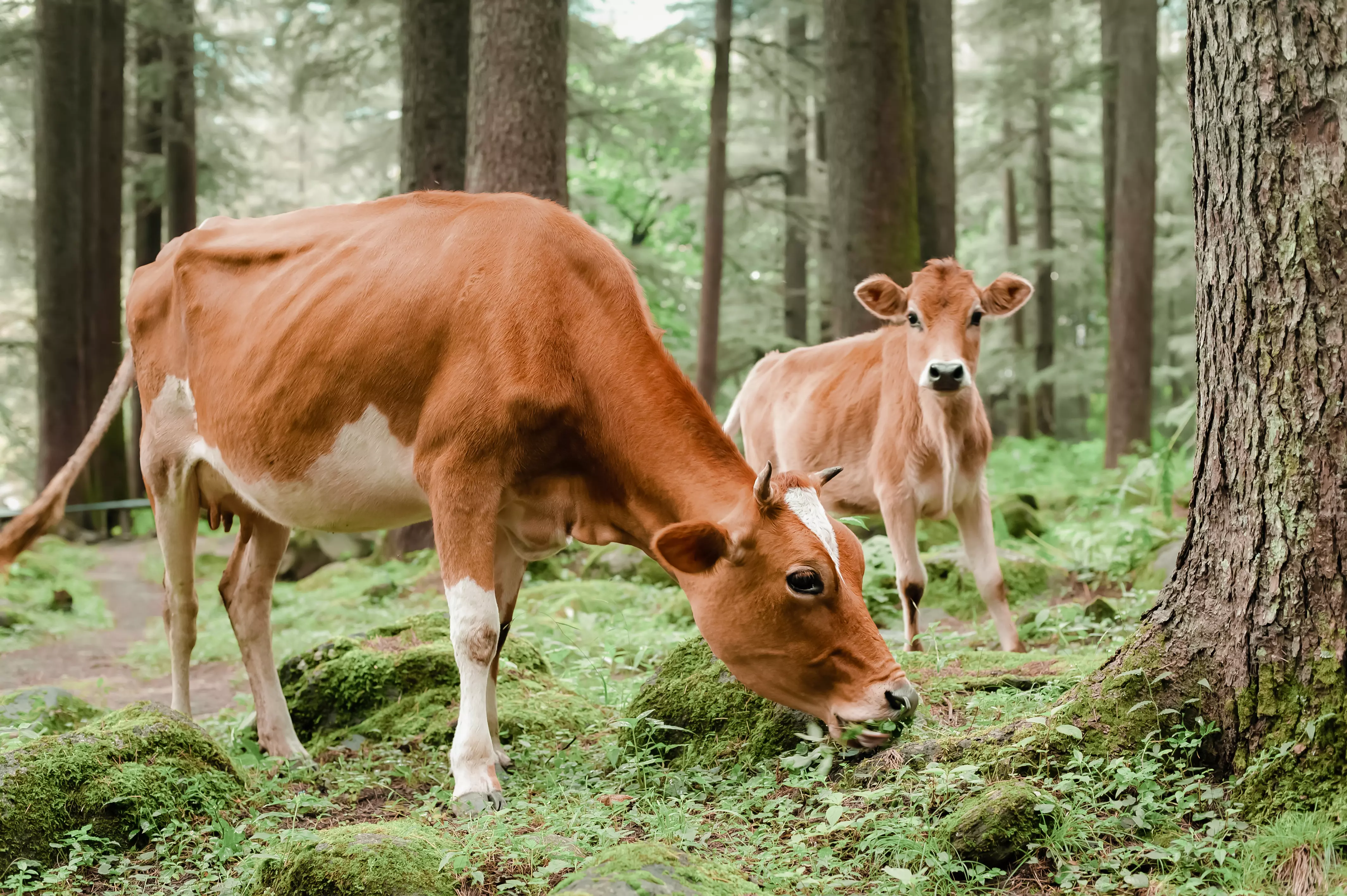Environmental education on cow's milk protein allergy
Nowadays, more and more people are suffering from various forms of allergies. One of the most common is cow's milk protein allergy. Therefore, environmental education about this allergy is extremely important. In this article, we will present basic information about cow's milk protein allergy and methods of education that can help to better understand and deal with it.
What is cow's milk protein allergy?
Cow's milk protein allergy is an immune reaction of the body to one or more proteins found in cow's milk. This includes both pure milk and dairy products containing cow's milk protein. Allergy symptoms can range from skin reactions, such as rashes, itching and hives, to gastrointestinal symptoms, such as abdominal pain, nausea and diarrhea.
It is important to understand that an allergy to cow's milk protein is different from lactose intolerance, which results from a lack of the digestive enzyme lactase, responsible for digesting lactose, the sugar contained in milk. An allergy, on the other hand, is an immune reaction to cow's milk protein.
Education methods for cow's milk protein allergy
Education is a key element in preventing cow's milk protein allergy and managing it in daily life. There are many educational methods that can help you gain adequate knowledge about this allergy. Here are some of them:
1. Online courses and webinars: These days, many health organizations offer online courses and webinars on cow's milk protein allergy. These are often available for free or for a small fee. On them, you can get information on allergy symptoms, how to diagnose it and how to deal with it in your daily life.
2. Informational materials: Various types of informational materials, such as brochures, posters and articles on thematic blogs, play an important role in environmental education. Access to these materials can be found on the websites of health organizations and their social media profiles. Through them, you can gain knowledge about ingredients to avoid and how to recognize the presence of cow's milk protein in food products.
3. Visits to specialists: consultations with a nutritionist, allergist or other specialists can help you better understand your cow's milk protein allergy. Such specialists are properly trained and can provide personal advice on a cow's milk protein-free diet, while tailoring it to the patient's individual needs and preferences.
Summary
Cow's milk protein allergy is an increasingly common ailment. Community education plays a key role in understanding and effectively managing this allergy. Online courses, informational materials and visits to specialists are just some of the methods that can help you gain the proper knowledge and skills related to cow's milk protein allergy. Let's remember that the more aware we are, the easier it will be to avoid allergens and lead a normal life, despite this intolerance.